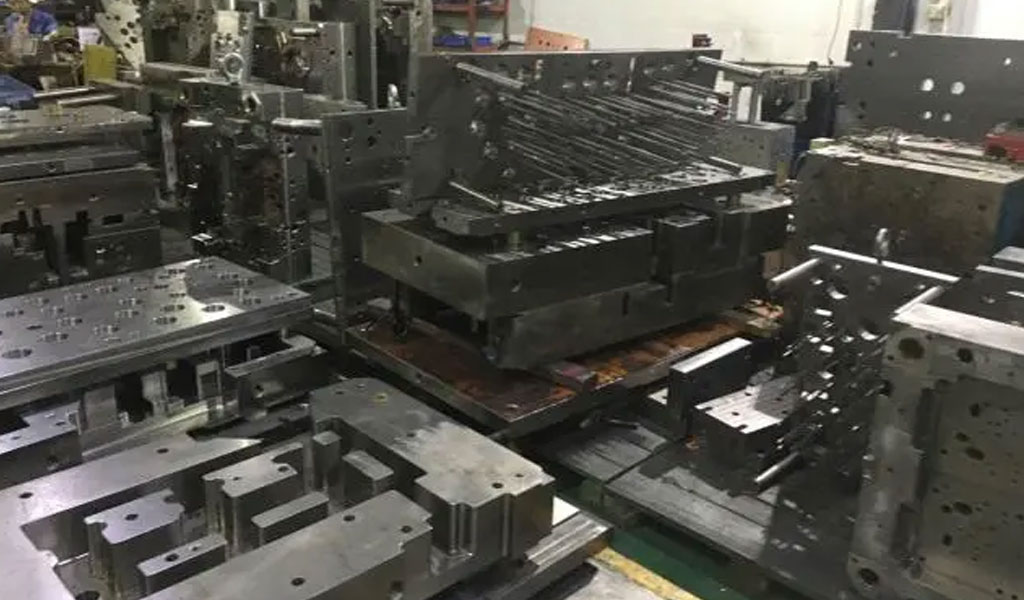Titanium alloys refer to a variety of alloy metals made of titanium and other metals. Titanium is an important structural metal developed in the 1950s. Titanium alloys have high strength, good corrosion resistance and high heat resistance. In the 1950s and 1960s, high temperature titanium alloys for aeroengines and structural titanium alloys for airframes were mainly developed. Dongguan Titanium CNC Machining Factory explains the existing problems:
Titanium alloy has the advantages of light weight, high specific strength and good corrosion resistance, so it is widely used in the automobile industry, and the automobile engine system is the most widely used titanium alloy. There are many advantages to using titanium alloy to make engine parts.
The density of titanium alloy is low, which can reduce the inertia mass of moving parts. At the same time, titanium valve spring can increase the free vibration, reduce the vibration of the vehicle body, and improve the engine speed and output power.
The inertia mass of moving parts is reduced, so that the friction is reduced and the fuel efficiency of the engine is improved. Selecting titanium alloy can reduce the load stress of related parts, reduce the size of parts, and thus reduce the weight of the engine and the whole vehicle. The reduction of the inertia mass of the components reduces the vibration and noise, and improves the performance of the engine. The application of titanium alloy in other parts can improve the comfort of people and the beauty of cars. In the application of automobile industry, titanium alloy has played an inestimable role in energy saving and consumption reduction.
Although titanium alloy parts have such superior performance, there is still a long way to go before titanium and its alloys are widely used in the automobile industry, due to such titanium alloy use problems as high price, poor formability and poor welding performance.
The main reason hindering the widespread application of titanium alloys in the automotive industry is the high cost.
The price of titanium alloy is much higher than that of other metals, whether in the initial smelting or subsequent cnc machining or 3d printing metals. The cost of titanium parts that can be accepted by the automobile industry is 8~13 dollars/kg for connecting rod titanium materials, 13~20 dollars/kg for air valves, and 8 dollars/kg for springs, engine exhaust systems, and fasteners. It is 6-15 times of aluminum plate and 45-83 times of steel plate.
